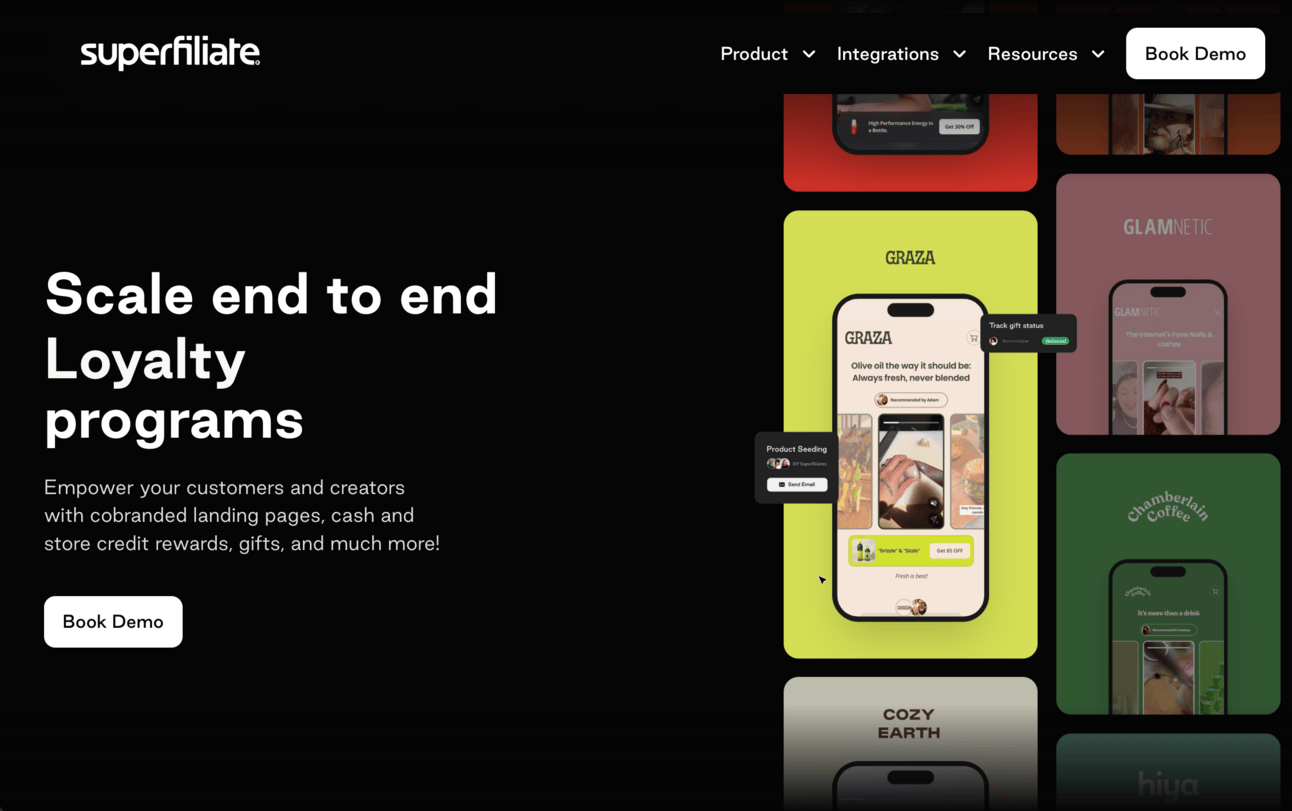
Issue #9: Restaurant x CPG Downsides
A great week for retail - June retail numbers were steady, May estimates were revised upwards, and Prime Day was a smashing success. In terms of the newsletter, what a ride this has been so far, I am so grateful for all the support and interest. Technically, this is the 10th issue! It feels like a great time to reflect and make some tweaks. You will notice some changes in the next couple of issues and I would love any feedback on the changes. If there is any information or sections you would like to be added, just shoot a reply! Also, keep an eye out for a special, long-form issue celebrating 10 issues!
Trend of the Week:

Zaxby’s three sauces are now available in retail
Zaxby’s, a fast-casual chicken restaurant with over 900 locations, announced this week that they would be expanding into CPG, like Chik-Fil-A, Olive Garden, and many other restaurants before them. The sauces, which come in three SKUs, were made in partnership with Litehouse Foods, an Idaho-based condiment manufacturer that has partnered with other companies in the past to create sauces (Paw Patrol and Teenage Mutant Ninja Turtles to name a few). The product is using Zaxby’s proprietary recipes and will be available in grocery stores, like Walmart and Kroger, as well as online on Amazon. For consumers, this is a big win as their favorite sauces are now available for them to use at home. As covered in Issue #3, creating a CPG brand can be a great avenue for CPG brands to expand, gain revenue, and build brand awareness. However, for an established, franchise brand like Zaxby’s it can cause some cannibalization that could be an issue in a franchise model.
Zaxby’s, like many restaurants on the fast food side of fast-casual, operates a franchise model where the company (the franchisor) grants individuals (the franchisee) the right to operate the restaurant using brands, products, and operations playbook. The franchisee make money from selling you the food, while the franchisor typically makes money from royalty fees, set up fees, supply chain, and marketing fees. Some notable restaurants operating on this model are McDonald's, Burger King, Subway, and Buffalo Wild Wings.
Typically, all the selling of products to end consumers goes through the franchisees. However, CPG products in retail is where it gets sticky because usually the franchisor is the one behind all that and making all the profit, while the franchisee is cut out. Sometimes, even the franchisee is not allowed to sell it in their location, it can only be sold in retail. The retail sales can have a negative effect on the franchisees because customers can make it at home for free. For instance, this anonymous Twitter account, which owns McDonalds franchises, revealed McCafe selling coffee in retail has had a negative effect on their breakfast traffic. For startups and non-franchise restaurants, it makes a lot of sense to launch CPGs, for well-established franchise restaurants, it is tricky. My recommendation would be to allow franchisees to sell in their stores and give them a cut of retail sales, or funnel that profit back into the broader advertising budget and reduce the advertising fees.

Cafe Panna’s new Greenpoint, Brooklyn location
News of the Week:
Positive:
Caffe Panna, Brooklyn - This week, Caffe Panna, the ice cream shop founded Hallie Meyer, whose dad founded Shake Shack and Union Square Hospitality Group, opened the doors to their Greenpoint location. This location is their second permanent location in addition to their Gramercy location. They also have a pop-up in the Hamptons, products available for shipping online, and sell pints in Butterfield Market on the Upper East Side. Their product, a premium ice cream with fresh ingredients and gelato influences has been super popular. Additionally, they have done a good job partnering with social media influencers to drive influence. Cafe Panna is a great lesson for emerging brands to build intentionally and not hyper-scale, some times over demand can be a good thing. It will be interesting to follow future strategies - will they continue to expand in retail or focus on building in CPG? My recommendation: do both and dominate the premium NYC market. Take a page out of the Van Leeuwen and Levian Bakery playbook (NYC → nationwide).
Gordon Ramsey Invests in Hexclad - Celebrity chef Gordon Ramsey announced that he was investing $100M (mix of cash and media) in Hexclad, a unicorn cookware company, in partnership with FOX Entertainment. Hexclad products vary from hybrid nonstick stainless steal pans to aprons and knives. This investment represents Gordon Ramsey doubling down on his stake after an initial investment in 2021. Many brands want to attract celebrity investment, but how did Hexclad do it? Hexclad possesses both an innovative product and a quality product. They are sold both in retail and ecommerce. Additionally, Hexclad didn’t start by going after one of the biggest creators in the food space, they started working with micro-influencers and blogs before working their way up to attracting Gordon Ramsey’s interest. All of these traits represent a playbook for brands to use to build their audience and eventually attract a celebrity investment. To learn more about one technology Hexclad uses to power its influencer, affiliate, and referral programs, head down to today’s startup feature.
Negative:
Feast & Fettle Closes Cambridge Location - One month after opening, Feast & Fettle, a premium meal delivery service, quickly announced the closing of their second retail location. Originally, the store was in Newton and it was not successful, so the brand moved it to Cambridge. It was supposed to open in February, but delays caused it to open mid-May. By then, Feast & Fettle’s would be core customer base of families didn’t need the solution as much as school was winding down and people were departing elsewhere for the summer. It seems that their services do the best during the school year when parents are busy but still want a simple healthy option for their family. Instead of waiting it out, Feast & Fettle realized this was not a good fit, and decided to close the location. According to the CEO, they wanted to experiment in retail but it was taking too much time, required a different strategy, and they needed focus on their D2C business. Their Pawtucket retail location remains open and it will be interesting to see what happens there. In the meantime, they are opening up Long Island via Nassau County shortly. When one door closes, another one opens.
UK Retail Sales Fall In June Due to Weather? - Unlike the United States, which had strong June retail sales, unfortunately, in the United Kingdom, June was not a good month to be a retailer. According to the data, sales volumes dropped by 1.2% in June after a 2.9% jump in May. Why did this happen? Weirdly enough economists are blaming it on the bad weather. This has caused shoppers to avoid buying seasonal goods they typically would have for the summer. For instance, Sainsbury’s said that the weather caused non-food categories to struggle. It is expected to improve, but what stood out to me was the effect weather that is not a major event, like a huge snowstorm or tropical event, can have on retail stores.
Startup Tool Of The Week: Superfiliate

Superfiliate’s website
Summary: Influencer/creator, referral, and ambassador program management via custom landing pages and financial incentives for Shopify stores
Founder(s): Andy Cloyd, Anders Bill
Amount raised & investors: $3M from Hawke Ventures, Vanterra Capital, R-Squared Ventures, Sandbox Studios, and more
Why should you use this technology?: Influencers, referrals, and ambassador programs are essential to growing your business but can take a lot of wrangling to keep consistent, Superfiliate makes that easy to manage
Notable Clients - Chamberlain Coffee, Dr. Squatch, Graza
Pricing: Subscription fee and transaction fee
My take: Brand consistency is super important, especially for early brands, and if you want to take advantage of programs that will help you scale (people are more likely to buy produce recommended by a friend), you should use a tool to help manage
Interested? Book a demo here
I am tweaking this section slightly to be more focused on adding value to the readers - let me know what else you want to know about a potential software!
Additional Links:
Stop & Shop closing stores (read more here)
Cava opening new stores (read more here)
Pickle, the clothes rental app, launches in Williamsburg (read more here)
Too Good To Go, the expiring food retail app, partners with Whole Foods (read more here)
Darden, the parent company of Olive Garden and many other restaurants, is buying Mexican chain Chuy’s (read more here)
Global tech outage caused by Crowdstrike and Microsoft leaves many scrambling (read more here)
Kraft launches Mario Mac and Cheese (read more here)
VF sells Supreme to Ray-Ban (read more here)
Mango has best H1 of a year ever and continues to expand in the United States (read more here)
The effect of digital price stages on price change frequencies (read more here)
Was this forwarded to you? Sign up here.
Have an idea or want to chat? Respond to this email.
Is the email not reaching your inbox? Try this trick.

